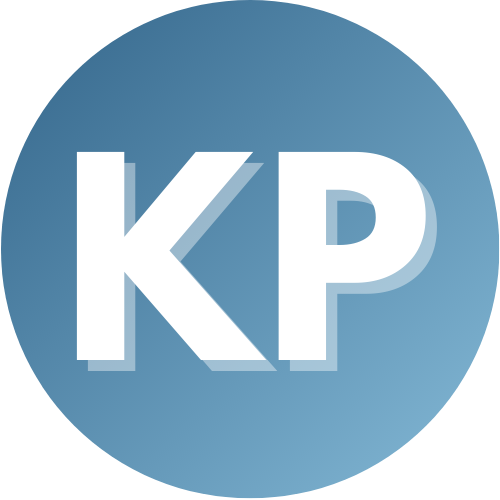What We’re Watching: AB 347 (Ting)
Assembly Bill 347 would charge the Department of Toxic Substances Control with creating a new regulatory enforcement program for PFAS-in-consumer products bans.
By Amilia Glikman, Lobbyist
What is it?
As amended on July 3, 2024, Assembly Bill (AB) 347 (Ting), in part, would require the Department of Toxic Substances Control (DTSC), by January 1, 2026, to create a new regulatory program to enforce laws prohibiting per- and polyfluoroalkyl substances (PFAS) in juvenile products, textile articles, and food packaging. Manufacturers would be required to register these products with, and pay a registration fee to, DTSC and would be subject to unspecified administrative fines for violating these laws.
What are the issues?
Clarity regarding the enforcement of laws prohibiting PFAS in consumer products would likely be welcomed by manufacturers. AB 347, however, fails to provide adequate direction to DTSC for the development of a reliable and transparent regulatory enforcement program that would provide greater clarity for manufacturers and ease implementation challenges for DTSC. For example, AB 347 should require that only validated analytical test methods be used to test for PFAS in consumer products and that testing be conducted only by accredited laboratories. AB 347 should provide due process for manufacturers seeking to appeal a DTSC determination regarding the presence of PFAS in a consumer product. This is critical in light of the current reliance on crude Total Organic Fluorine test methods, which cannot confirm the presence or absence of PFAS compounds, and the consequences for alleged violations, which include potentially significant administrative fines and a prohibition of the sale or distribution of the consumer product in the state.
While it is possible that these additional details may be addressed by DTSC through the rulemaking process, larger issues remain. AB 347 would not “limit or restrict existing mandates, prohibitions, deadlines, enforcement authorities, or rights of action.” Accordingly, AB 347 would expressly preserve the ability of the state and third parties to pursue manufacturers of PFAS-containing consumer products for violations of other laws such as Proposition 65, the Unfair Competition Law, and the False Advertising Law. Consequently, manufacturers could potentially face litigation on multiple fronts regarding the alleged presence of PFAS in their products.
AB 347 would require all manufacturers of juvenile products, textile articles, and food packaging to register these products with DTSC and pay a yet-to-be determined registration fee, regardless of whether these products actually contain PFAS. This tax-like “registration fee” creates a “pay to play” market for these consumer products that, along with manufacturer compliance costs, is likely to result in price increases as manufacturers pass these costs through to California consumers. The Legislature should be leery of any measure that increases costs for consumers in this inflationary economy.
Finally, the scope of AB 347 remains ambiguous at best, which creates concerns about the applicability of AB 347 to future PFAS-in-consumer products bans. On June 19, 2024, Assembly Member Ting testified to the Senate Committee on Environmental Quality that AB 347 was intended only to apply to the existing PFAS-in-consumer products bans mentioned in the measure, and some members appear to have supported the measure based on that representation. AB 347, however, continues to state: “It is the intent of the Legislature that this chapter provide enforcement mechanisms for existing and future [PFAS] bans and labeling requirements enacted by the Legislature.” Given the state’s penchant for individual PFAS-in-consumer-products bans, the absence of language restricting applicability to existing PFAS laws, and increasing political pressure on DTSC to take a more enforcement-oriented posture across all of its programs, it is reasonable to expect that the enforcement framework contemplated by AB 347 would be applied to future PFAS-in-consumer products bans.
AB 347 is likely an attempt to respond to Governor Newsom’s veto of three PFAS-in-products bans in 2023—AB 246 (Papan), AB 727 (Weber), and AB 1423 (Schiavo)—especially after the demise of Senate Bill 903 (Skinner) due to fiscal and other concerns. In his veto messages, Governor Newsom expressed concern about the lack of regulatory oversight of these laws, questioning the efficacy of previously enacted bans in protecting California consumers and noting challenges in implementing these bans due to “inconsistent interpretations and confusion among manufacturers about how to comply with the restrictions.” Governor Newsom instructed DTSC to engage with “the Legislature to consider alternative approaches to regulating the use of these harmful chemicals in consumer products.”
It is questionable whether AB 347 actually responds to Governor Newsom’s directive. AB 347 fails to outline a comprehensive approach for regulating the use of PFAS in consumer products or enforcing existing or future PFAS-in-consumer products bans. As a result, implementation challenges and inconsistent interpretations and confusion among manufacturers about how to comply are likely to persist.
What’s next?
AB 347 was recently referred by the Senate Health Committee to the Senate Appropriations Committee and will presumably be set for hearing in early August 2024 when the Legislature returns from summer recess.
Questions?
For questions about AB 347 contact KP Public Affairs’ regulatory advocacy professionals: Amilia Glikman (aglikman@ka-pow.com), Jeff Sickenger (jsickenger@ka-pow.com), and Olivia Wright (owright@ka-pow.com). For more information about Amilia, Jeff, and Olivia, visit KP Public Affairs’ website at https://www.kppublicaffairs.com/team.

